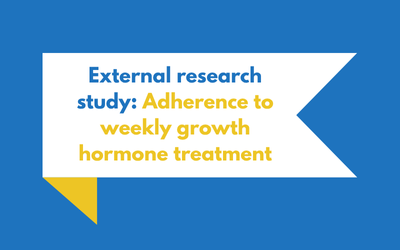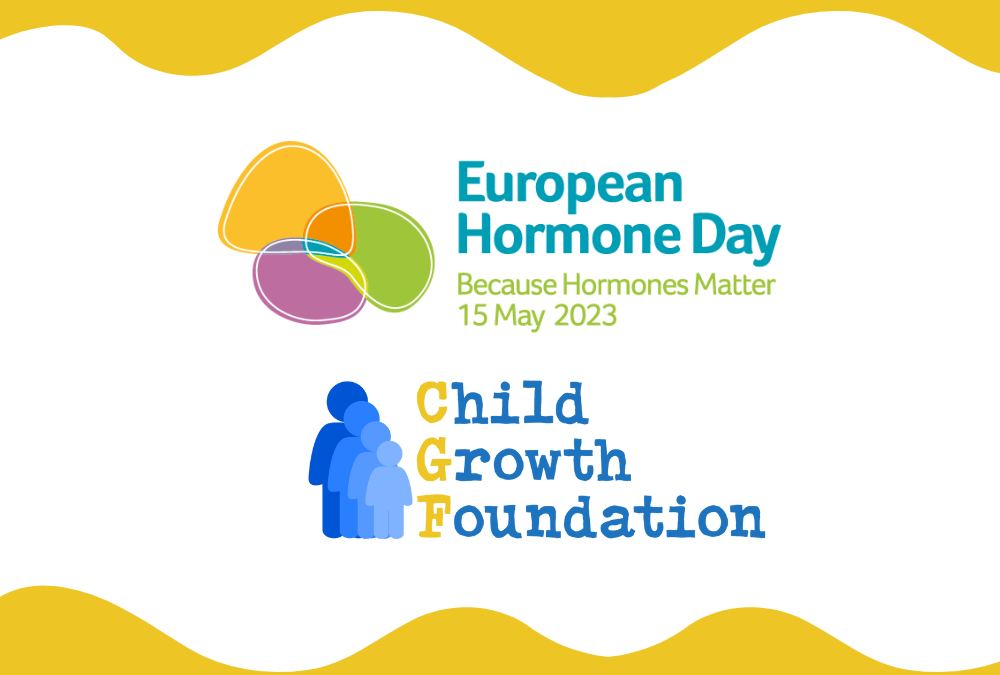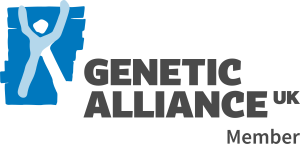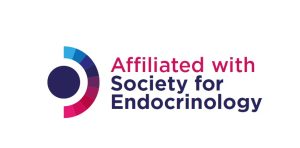
A day in the life of: Growth Hormone Deficiency
A day in the life of: Growth Hormone Deficiency
Age 21 months
Growth condition: Growth Hormone Deficiency (GHD)
Typical morning: I eat breakfast with my older sister, some days I enjoy my breakfast, other days I don’t have much appetite and I eat breakfast gradually throughout the morning. Mum and dad have to make sure I have eaten because I’m only able to fast for 10 hours over night to make sure my blood sugar levels don’t drop too low. I love listening to my tonies (audio stories) with my sister at breakfast time.
Typical afternoon: After my midday nap, I usually play at home or out and about. I have a special yogurt to eat with lunch or as a snack which gives me extra calories and nutrients to help me grow.

Typical evening: After dinner, my sister and I watch my favourite tv show Pocoyo. This helps keep me still whilst I have my daily injection. My injection doesn’t bother me, I hardly notice it. Pocoyo helps to distract me. My family are really proud of how brave I am. I have some extra vitamins and formula before bed to make sure I’m getting everything I need.
My favourite thing to do is: I love shoes, I’m always trying on different shoes I can find at home. I also love climbing and going on my bike. I love trucks and cars and one of my favourite things to do is go outside and look at the vehicles pass by.
My least favourite thing is: I don’t like brushing my teeth! This is way worse than my daily injection!
The best thing about having GHD is: I’m lucky that my growth condition can be treated and I am under a really supportive medical team to help me grow and develop. My growth condition has given me resilience and I will grow up knowing I can face any challenge in life.
The most challenging thing about having GHD is: I’ve got lots of medical appointments and sometimes I get anxious, but I’m getting more used to doctors and nurses.
One piece of advice I would give to someone who has this growth condition and/or is a parent carer of a child with this growth condition is: Don’t forget to enjoy your child in the present because you’re constantly worried about what their future will look like.
One thing I want to share with others about life with a growth condition is: Comments about height can have a profound impact on individuals with a growth condition, especially when those comments are insensitive or repetitive.












